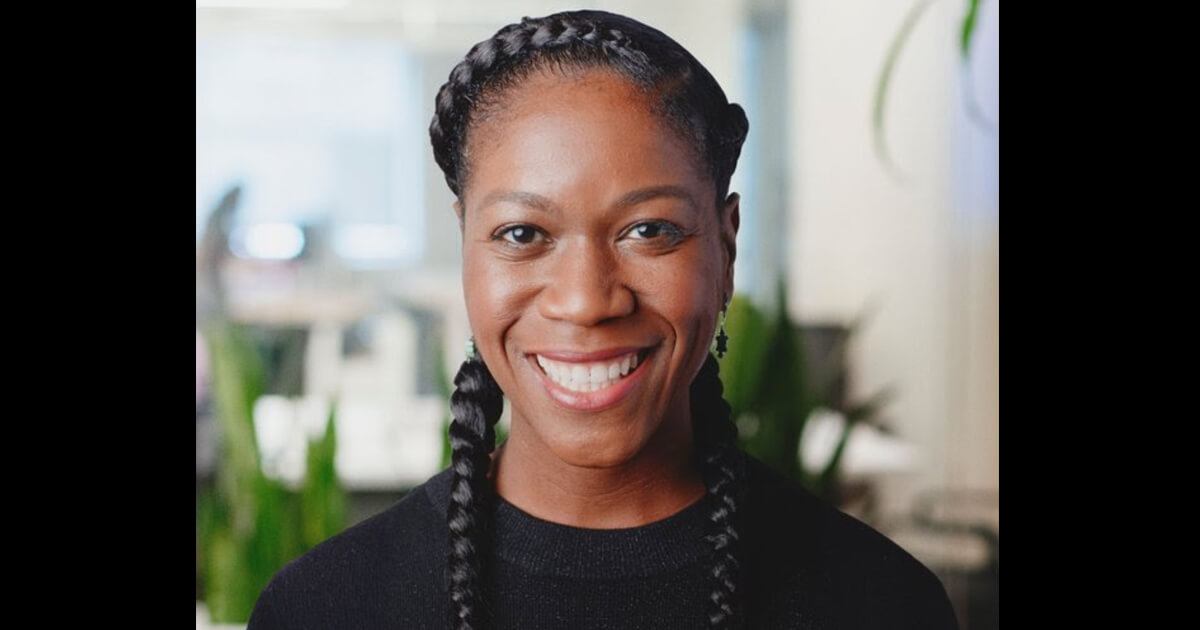For the past year and a half, DEI has been a priority for top tech companies across the world. Many CEOs have siloed off DEI and appointed diversity officers to take on the role of addressing racial disparities in the workplace. While others, unfortunately, have neglected their obligation to provide support for their Black employees, proving to be culprits of performative allyship.
Cloud communications platform, Twilio is one tech corporation that has remained vocal about its commitment to creating a culture invested in DEI. Twilio was among the first tech companies to release a statement in support of Black Lives Matter last year by speaking out against racism and police brutality.
The company hired Lybra Clemons as its first chief diversity, inclusion and belonging officer in September 2020 and pledged to become an antiracist company. With over 15 years of experience, Clemons has been working side-by-side with the CEO and executive leadership to ensure antiracism is at the core of Twilio’s efforts and DEI approach.
The Plug spoke with Clemons about Twilio’s diversity report released in June. She discussed the company’s approach to rethinking representation in the workplace and how they’re utilizing “data to move and not prove” their efforts in mitigating inequality.
“I always tell people, you just don’t wake up and say, ‘I’m an antiracist organization or company,’” Clemons said. “It is the full commitment of our executive team, Jeff [CEO of Twilio], and everyone to fully immerse themselves on what it means to be an antiracist in the U.S. and other parts of the globe where we have offices. And then, as we’re starting to build out, what does it mean to become an antiracist organization?”
Twilio has made an effort to be transparent in committing to build diverse teams, create an equitable experience, and cultivate inclusive environments. The company has made a significant shift in simply talking about DEI in terms of representation and is instead being more proactive about becoming an antiracist organization through the company’s various practices and policies.
Twilio has launched multiple initiatives such as RiseUp, a leadership development program for new Black and LatinX employees, and Refined The Inclusion Rule, an internal recruitment process to ensure that the company considers a diverse slate of candidates.
Other programs offer support to minority employees and candidates with career development and coping resources. Twilio has also banned any organization identified as a hate group that uses disruptive, disrespectful, or discriminatory language on their platform and built an Ethical Use Working Group.
When it comes to increasing Black representation in the company, the diversity report revealed that hiring rates for Black people was 7 percent, workforce representation was 5.5 percent, and the director and leadership parity was 5.5 percent.
Clemons said Twilio has become proactive in hiring more Black employees and hiring them in high-entry roles. They’ve had three Black VP hires within the past year, including Ivy Grant, the vice president and chief of staff, office of the CEO, Michelle Grover, the chief information officer and Eric Irving, the vice president of global IT.
“We are committed to increasing our Black population, but what we don’t want to do is just increase our Black population where we see a revolving door of people,” Clemons said. “We want to make very specific, intentional hires at senior levels where they have an impact. But more importantly, we care about retention.”
“All of the work that we’re doing-our professional development programs, partnerships with our McKinsey Black leaders program is to ensure that we’re retaining our talent,” she added. “We are continuing to push that. We’re continuing to work with our various programs and offering professional development for those Black and LatinX employees who want it. It is not a fix. It is a support.”
Clemons admits it has been a journey promoting as much equity as possible and creating their rules of what it means to be an antiracist organization since there isn’t a playbook. She mentioned that there are not that many CEOs and organizations willing to commit the time, energy, and effort to understand what it means and how to create it.
The organization has analyzed its work by utilizing “data to move and not prove” where it needs to mitigate inequality. Clemons believes that DEI should not be confused with a single representational datapoint.
“A lot of companies confuse diversity data as representation like, ‘We’ve made it. We’re good in diversity.’ That is not the same.” Clemons said. “Your numbers can change. They can fluctuate. You can hire people and fire people…So your numbers are almost manipulated. I think that they are important indicators, but they’re not the only indicator.”
“There are so many other data points to consider when you’re thinking about the health of your organization,” she added. “Focusing on one single data point representation to me has no connection to how well you were doing in terms of your commitment and focus to that particular population.”
Twilio is rethinking representation by using data to hold itself accountable to improve retention, compensation, and advancement opportunities to maintain their commitment to becoming an antiracist company.
“We think by understanding what it means to be antiracist, using an antiracist decision-making model and a framework will help us approach things differently and hopefully come up with different results,” Clemons said. “Those results may or may not be all about representation, but we hope that the result is that it’s an environment and a culture where all people can thrive.”
In terms of the future of DEI, Clemons believes the goal of equity for all is unattainable as long as we have the system of colonialism and white supremacy.
“This is work that we’re going to continue doing, and to me, the role of the chief diversity officers is to leave the place a better place than you found it and go to the next one,” Clemons said.
“Things will always come up and we will always have to deal with inequity. We will always have to deal in a world that’s not made for all people. That’s just part of the nature of the work,” she said. We’re just going to do our best to continue to promote as much of the antiracist theory. That to me is as close to achieving that equity as possible, but never assume that we’re ever going to reach it.”
For 2021 and beyond, Twilio is excited about what the company will accomplish in becoming an antiracist organization. Its diversity report aims to spread awareness in its industry and encourage leaders to promote better equity globally and understand antiracism.








